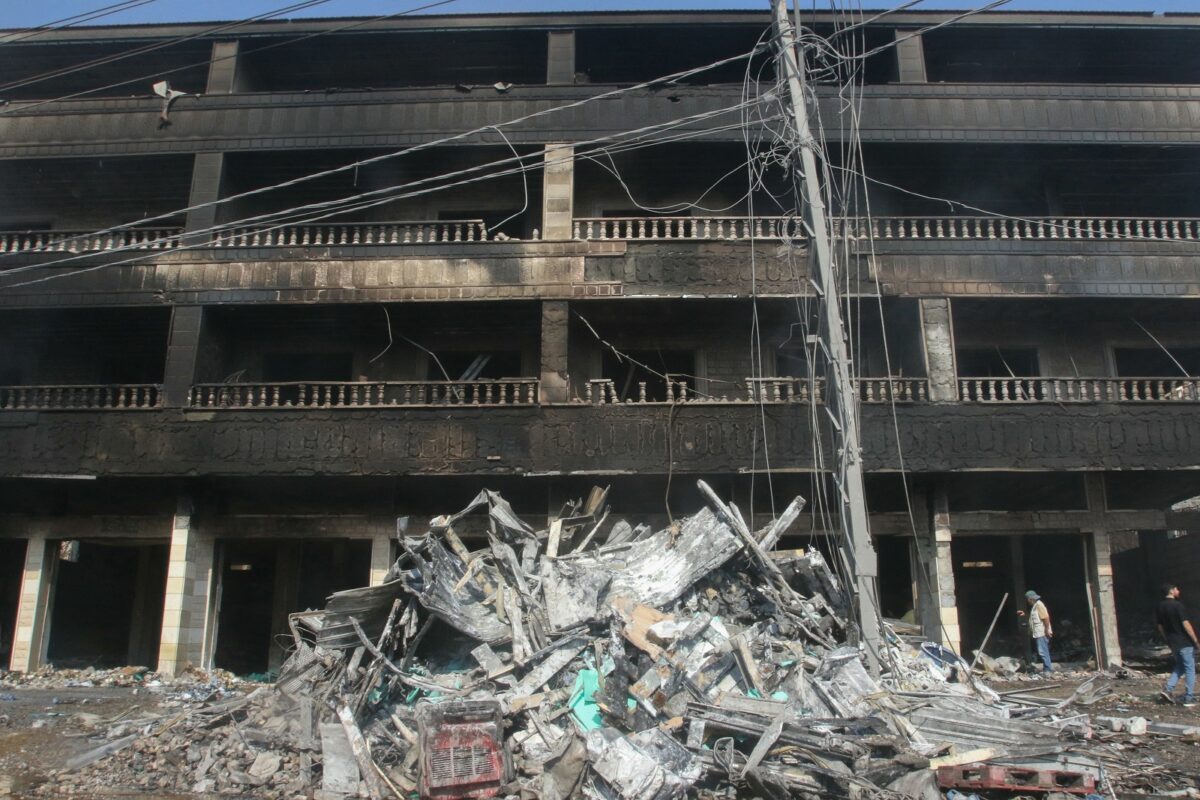
Mediating tensions amidst the rhetoric of war: the unpredictable calculation of the Middle East
As tensions along the Israel-Lebanon border escalate, the air is thick with the rhetoric of war. Israeli officials have issued stern warnings, and the echoes of their threats resonate, stirring fears of a new, large-scale conflict. In regions marked by historical enmities, such pronouncements are taken with utmost seriousness, given that history is littered with wars sparked by a single miscalculated decision. Yet, despite the rising crescendo of war drums, a closer examination suggests that a full-scale war is highly unlikely. Here’s why.
The Art of Deterrence and Diplomacy
Firstly, the nature of the threats and military posturing by Israel needs to be understood within the context of deterrence. Israel’s strategic objectives are often centered around neutralizing perceived threats and maintaining a security buffer against hostile entities. The frequent threats and military exercises can be interpreted as efforts to deter Hezbollah and other militant factions from considering aggressive maneuvers.
Moreover, the international community, led by stalwarts like the United States and France, is deeply invested in preventing another war in the region. Recent efforts have seen these nations stepping up to mediate tensions, proposing ceasefires, and promoting dialogues aimed at de-escalation. The presence of international diplomacy acts as a significant buffer against the outbreak of war.
Hezbollah’s Calculated Caution
On the other side, Hezbollah, while formidable, has shown restraint in its engagement strategy. The group’s leader, Hassan Nasrallah, has historically balanced on the tightrope of military engagement and political pragmatism. Hezbollah is deeply embedded within the Lebanese socio-political fabric, making any decision to go to war not just a military but a significant political decision with far-reaching consequences.
Israel’s Internal and External Considerations
Domestically, the Israeli public remains wary of entanglements that could lead to significant Israeli casualties or drag on without clear objectives. The memory of the 2006 Lebanon War, which was widely regarded as a strategic blunder for Israel, still heavily influences public and political discourse. This sentiment places substantial pressure on Israeli military and political leaders to consider non-military avenues or limited, precise military actions rather than full-scale war. Moreover, even if Netanyahu is perceived to be making war decisions to prolong his political career, such motivations no longer provide a reliable shelter against the repercussions of initiating an additional war. Despite concerns that a single leader might try to drag the region down with him, Israel, reflecting its strategic interests, should guard against such a trajectory, emphasizing prudent and considered responses over unilateral military escalations.
Externally, Israel must consider its international standing. Unilateral military actions that lead to large-scale conflicts will undermine Israel’s relationships with key Western allies this time.
The global political climate, now largely intolerant of extensive military actions due to escalating concerns over human rights and international law violations, acts as a potent deterrent against large-scale military operations that could lead to significant civilian casualties. As the war on Gaza continues, Israel faces intensifying scrutiny. The diminishing patience of the international community, including from nations and influencers that have historically supported Israel’s right to security, pressures Israel to restrain its military actions. This environment complicates Israel’s strategic calculus: while it needs to safeguard its national security, pursuing another extensive military engagement in Lebanon could risk severe global backlash and isolation at a time when its actions in Gaza are already under the microscope.
The Geopolitical Chessboard
The geopolitical dynamics of the Middle East are complicated and constantly evolving. Israel and Hezbollah are but two players in a regional game that includes powers like Iran, Saudi Arabia, United Arab Emirates, and Egypt, as well as global actors such as Russia, the EU and the United States. The actions of these players are often calculated to avoid direct confrontations that could spiral out of control. Israel’s military strategy, thus, is likely to remain conservative in scope, aimed at curbing immediate threats rather than engaging in expansive military campaigns that could draw in multiple regional actors and lead to unpredictable consequences.
The Unpredictability of War
Lastly, the unpredictability of war acts as a natural deterrent. Both Israel and Hezbollah are aware that once the first missile is fired, the subsequent chain of events is not entirely within anyone’s control. The costs of war, both in human and economic terms, are colossal, and the endgame is murky at best. This unpredictability is a significant factor that keeps the threshold for war high.
While the threats of war are real and should be taken seriously, the likelihood of these threats escalating into a full-scale conflict remains low. The combination of international diplomatic efforts, regional stability considerations, domestic political pressures, and the sheer unpredictability of war serves as a formidable check against the outbreak of large-scale hostilities. For now, the chessboard is set, and the players, though wary, are moving with caution, fully aware of the stakes involved in the great game of Middle Eastern politics.
Ramzi Abou Ismail is a political psychologist and researcher at the University of Kent.
The views in this story reflect those of the author alone and do not necessarily reflect the beliefs of NOW.








